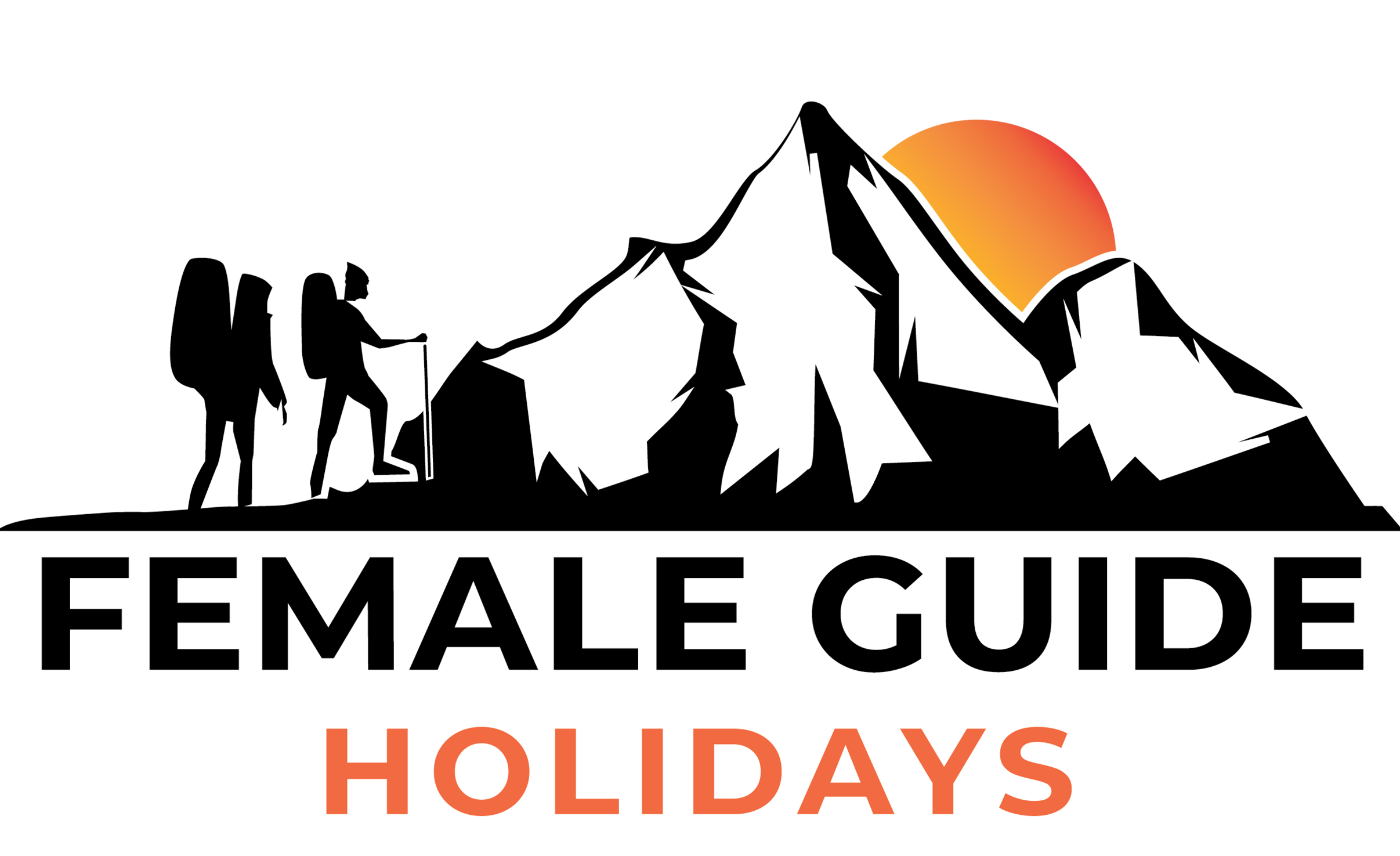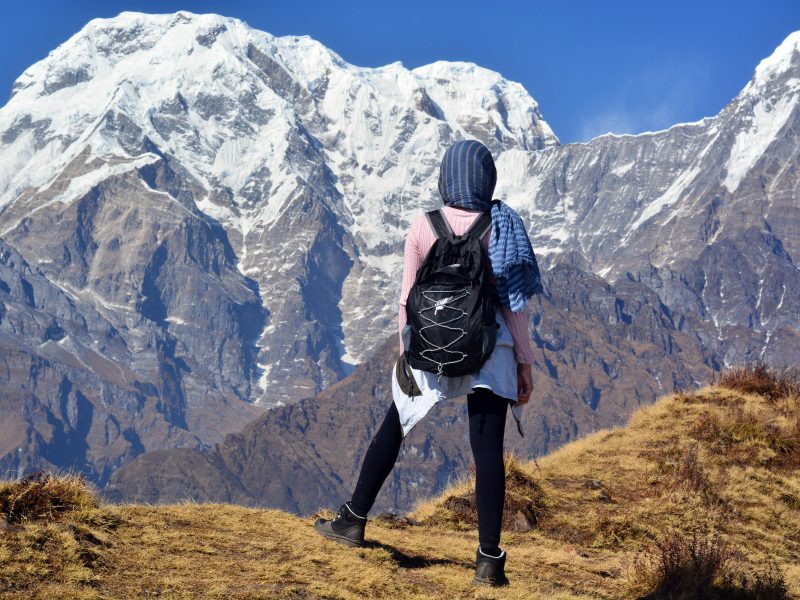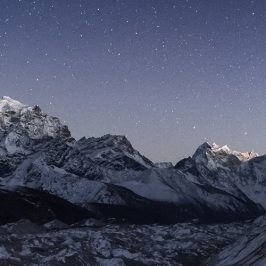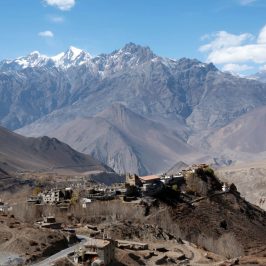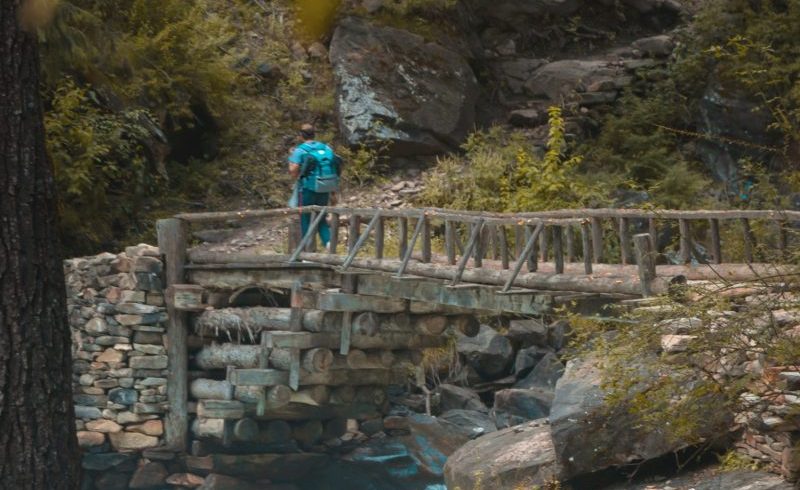Mardi Ridge Trek takes you across the off-beaten tracks of the Annapurna region. Nestled in the mountain ranges of central Nepal the region is surrounded by several mighty peaks. Providing a secluded trekking experience in the remote parts of the Himalayas. Traversing along lush woodlands, ridges, and alpine grounds the path leads you to stand beneath the mighty mountain peaks.
Overview
Mardi Ridge Trek starts from Phedi traversing through the deep wilderness of sub-tropical woodlands. The trail then takes you following a fairytale forest route to Deurali. From Deurali proceed towards Forest camp, from the camp witness spectacular views of the Himalayas and colorful woodlands. The following day reaches Low Camp and relaxes above the clouds. Then the trail takes you toward the last settlement of the trek High Camp.
Upon reaching High-Camp head on a short hike towards the Upper Viewpoint. Along the way, you will be traversing narrow ridges while the mighty Annapurna looms on one side and the Mardi River flows deep on the other side.
From the viewpoint witness grand views of the mountains. Mardi Himal, Annapurna I, Annapurna south, Hiunchuli 6441, Baraha Shikhar /Mt. Fang, Tent Peak, Singhachuli, Machhapuchhre, and other various mountain peaks stand in all their grandeur. After soaking in the view head back towards High Camp. The next day following downward tracks reaches the village of Siding. Following day head towards Lumre and a short drive to Pokhara. Followed by a flight to Kathmandu which ends the Mardi Ridge Trek.
You Might Like: Annapurna Base Camp Short Trek – 7 Days
Mardi Ridge Trek is an exhilarating trek leading you from the lush woodlands, and ridges to the laps of the Himalayas. Along the trek witness mesmerizing views of the landscapes and the Himalayas. Be a part of this off-beaten trekking experience with the Female Guide Holiday soaking in the wonders.
Travel Insurance:
All clients participating in any activity must have travel insurance. Personal injury, death, hospital expenditures, repatriation fees, helicopter rescue, and any other disease covered by the insurance plan will be given, we highly advise you to acquire a comprehensive insurance plan from a trustworthy insurance company.
Passport and Visa:
Every client must have a valid passport from the return date with a 6-month prior validity by the Nepalese consulate in your country or the immigration office at Tribhuvan International Airport in Kathmandu.
Equipment lists:
- Guidelines regarding essential trekking gear.
- Daypack above 40 liters. (Must be waterproof)
- Down jacket (rental available)
- Warm sleeping bag (rental available)
- Sun head, gulf cap, sunglasses, headlamp, and torchlight.
- Ear-muffs, sun Lotions/sun cream.
- One pair of liner gloves is thin wool and synthetic.
- Cotton t-shirts, Synthetic t-shirts.
- Two Long sleeve polyester or synthetic lightweight for sunny days.
- One Soft-shell jacket with water & wind resistance.
- Inner clothes as your requirement.
- Liner socks, woolen socks.
- Proper trekking shoes.
- Imodium or Pepto Bismo capsules for upset stomach or diarrhea.
- Diamox for altitude sickness. The guide will help you to take it.
- One small personal-sized first-aid kit with blister treatments such as moleskin, bands, anti-infection ointments, and muscle relief ointments.
-
English
-
Private Vehicles
-
Kathmandu, Nepal
-
Kathmandu, Nepal
Packing and Gear List
- Trekking Essentials
- Backpack (30-40 liters): A comfortable, durable daypack for carrying your essentials during the trek.
- Duffel Bag: A large bag (15-20 kg weight limit) for the porters to carry your main luggage.
- Day Pack: A small backpack to carry daily necessities such as snacks, a camera, water, and a first-aid kit.
- Water Bottle (1-2 liters): Refillable bottles to stay hydrated during your trek. Make sure to carry enough for long stretches without available water sources.
- Water Purification Tablets or Filter: Essential for refilling water from streams or other sources along the trek.
- Clothing
- Base Layer (Thermal Innerwear): Lightweight moisture-wicking thermal layers (top and bottom) for both cold and warm weather.
- Trekking Pants: Lightweight, durable, and quick-drying trekking pants. Choose options that are flexible and comfortable for long walks.
- Trekking Shirts: Long-sleeved and short-sleeved shirts made of moisture-wicking fabrics, which will help in keeping you dry during your trek.
- Fleece Jacket: Essential for keeping warm in higher altitudes and cold climates.
- Down Jacket: A compact and warm down jacket to wear during chilly evenings or at higher elevations.
- Waterproof Jacket and Pants: To protect you from rain or wind during your trek.
- Trekking Socks: 4-5 pairs of wool or synthetic socks that wick moisture and help prevent blisters.
- Warm Hat (Beanie): To protect your head and ears from cold temperatures.
- Sun Hat or Cap: A wide-brimmed hat for sun protection during the day.
- Gloves: A pair of lightweight trekking gloves for daytime and a pair of insulated, warm gloves for the evenings and high-altitude trekking.
- Footwear
- Trekking Boots: High-quality, waterproof boots with ankle support to handle rough and uneven terrains. Make sure they’re broken in before your trek.
- Camp Shoes/Sandals: Lightweight, comfortable shoes for use at the teahouses in the evening.
- Gaiters: To protect your legs and boots from snow, mud, and dirt.
- Sleeping Gear
• Sleeping Bag: A high-quality sleeping bag rated for temperatures as low as -10°C to -15°C (14°F to 5°F). Some teahouses provide blankets, but it’s always a good idea to bring your own sleeping bag.
• Sleeping Bag Liner: A lightweight liner for extra warmth and hygiene. - Personal Items
- Sunscreen: High SPF sunscreen for your face, neck, and ears to protect against UV rays.
- Lip Balm with SPF: Protect your lips from drying out or chapping.
- Sunglasses: UV-protection sunglasses to guard against the harsh sunlight and snow glare, especially at high altitudes.
- Headlamp or Flashlight: A headlamp is ideal for trekking and moving around in the dark. Don’t forget extra batteries.
- Trekking Poles: To help maintain balance and reduce strain on your knees during long treks.
- Towel: A quick-dry towel for personal use.
- Toiletries: Toothbrush, toothpaste, biodegradable soap, hand sanitizer, and any personal hygiene items you may need.
- Snacks: Energy bars, nuts, chocolate, or any other high-calorie, lightweight snacks to keep you energized on the trail.
- Health and Safety Items
- First Aid Kit: Basic medical supplies such as plasters, antiseptic wipes, blister treatments, and pain relievers.
- Personal Medications: If you take regular medication, make sure to bring enough for the entire trek.
- Altitude Sickness Medication: Acetazolamide (Diamox) for altitude sickness prevention (check with your doctor beforehand).
- Hand Sanitizer: For hygiene when clean water is not readily available.
- Insect Repellent: To protect against mosquitoes and other bugs in both the Bhutanese lowlands and the trekking areas in Nepal.
- Tissues and Wet Wipes: For hygiene and to stay fresh during the trek.
- Electronics and Documents
- Camera and Extra Batteries: The Himalayan landscapes are breathtaking. A good camera to capture memories is a must!
- Power Bank: A portable charger for keeping your electronics powered up during the trek. (Teahouses along the ABC trek typically have charging facilities, but you may need to pay a small fee.)
- Travel Adapter : To charge devices in Nepal (uses 230V, 50Hz with two-pin and three-pin plugs).
- Passport: Ensure that your passport is valid for at least 6 months from the date of entry into Nepal.
- Travel Insurance: A comprehensive insurance policy that covers trekking, medical evacuations, and any emergencies.
- Cash (Nepali Rupees): Make sure to carry enough cash for personal expenses, as ATMs can be sparse in remote areas.
- Permits and Documents: Include necessary permits for trekking, including your TIMS card, ACAP (Annapurna Conservation Area Permit), and any Bhutanese travel permits.
- Optional Items
- Camera Tripod: If you enjoy photography, a tripod can help capture stunning scenic views.
- Binoculars: For bird watching or observing distant landscapes.
- Notebook or Book: For journaling or reading during downtime.
- Small Lock: To secure your bags while staying at teahouses and hotels.
Final Thoughts
Proper packing is essential for a comfortable and successful trekking experience. Be sure to pack light but wisely, considering the variable weather conditions and terrain in Nepal. With appropriate clothing, gear, and essential items, you’ll be ready to tackle the diverse challenges of the Mardi Ridge Trek and your exploration of Nepal’s stunning natural beauty and rich culture.
Cancellation Policy
We understand that plans may change, and if you need to cancel your booking, the following cancellation charges will apply, depending on how far in advance you cancel your trek:
- 45 to 60 days before departure: 35% of the total trek cost will be deducted.
- 30 to 44 days before departure: 50% of the total trek cost will be deducted.
- 15 to 29 days before departure: 70% of the total trek cost will be deducted.
- 7 to 14 days before departure: 85% of the total trek cost will be deducted.
- Less than 7 days before departure: 100% of the total trek cost will be deducted.
Please be aware that if you cancel within 7 days of the departure date, you will forfeit the entire cost of the trek. We strongly recommend reaching out to us directly if you need to cancel during this time, and we will do our best to discuss your situation.
Cancellation by the Organizer
In the rare case that Female Guide Holiday cancels the trek due to unforeseen circumstances (such as extreme weather conditions, natural disasters, or safety concerns), you will receive a full refund or the option to reschedule the trek for a later date.
Your safety and enjoyment are our top priorities, and we will make every effort to ensure your experience is as smooth as possible.
Force Majeure
In the event of a Force Majeure situation during the trek, such as natural disasters, extreme weather, political unrest, or unforeseen circumstances, the trek may be delayed, modified, or canceled for safety reasons. We will strive to provide alternative arrangements where possible, but we are not liable for any additional costs incurred as a result.
We will notify trekkers promptly if such an event arises, and refunds or compensation will be considered on a case-by-case basis. The safety and well-being of our trekkers are always our top priority during such circumstances.
Trip Highlights
- Explore the City of Lakes Pokhara.
- Hike through lush woodlands and ridges.
- Witness grand panoramic views of the Himalayas.
- Learn about the rich culture and traditions of the locals.
- Off-beaten trekking experience.
- Perfect stargazing opportunity.
